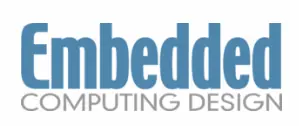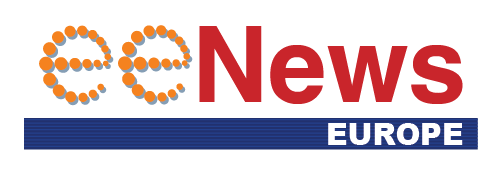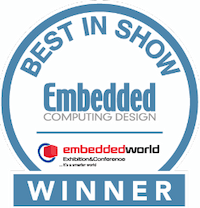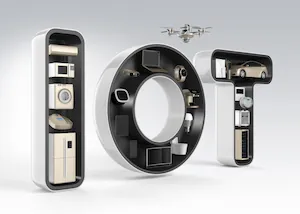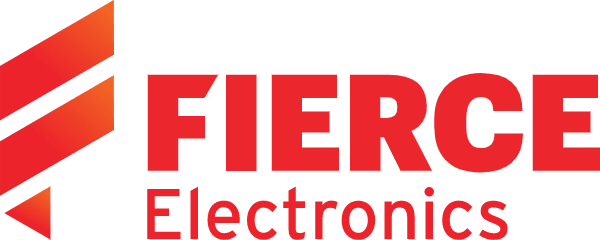IoT News By Experts For Experts
Security and privacy
Jan 29, 2025Security is important. So is privacy. This article highlights the contrasting urgency and importance of security and privacy in the consumer and industrial world.
Security threats to multiply by 2030 but OEMs will be better prepared
Nov 2, 2023Foundries.io today revealed its market outlook for the remainder of the decade, forecasting that government regulation and the risk of market share loss will drive embedded device OEMs to adopt rigorous new practices, ensuring end-to-end security for the life of all products.
Foundries.io helps Arduino SoM meet EU security straight out-of-the-box
Nov 2, 2023Foundries.io teams up with Arduino to give Portenta X8 SoM a ready-made system with hardware and software security and operational features required for compliance with the EU Cyber Resilience Act for the lifetime of each device.
How Unifying a Fragmented Embedded Product Lifecycle Can Save OEMs Time & Money
Aug 8, 2023The lifecycle of a connected embedded device, from development to disposal at end of life, can stretch over 10 or more years and has a number of distinct stages: the Foundries.io analysis counts eight of them. For many OEMs today, the transitions between these stages give rise to a high degree of organizational and technical fragmentation.
Eight stages of an embedded product's lifecycle: problem and solution
Jun 13, 2023The lifecycle of a connected embedded device, from development to disposal at end of life, can stretch over 10, 20 or more years, and has a number of distinct stages: an analysis by Foundries.io counts eight of them. For many OEMs today, the transitions between these stages give rise to a high degree of organizational and technical fragmentation.
Foundries.io is Working With NIST on Trusted IoT Device Network-Layer Onboarding and Lifecycle Management
Jun 27, 2022Foundries.io is working with the National Institute of Standards and Technology’s (NIST’s) National Cybersecurity Center of Excellence (NCCoE) in their Trusted IoT Device Network-Layer Onboarding and Lifecycle Management Consortium project to define recommended practices for performing trusted network-layer onboarding, which will aid in the implementation and use of trusted onboarding solutions for IoT devices at scale.
NIST does not evaluate commercial products under this consortium and does not endorse any product or service used.
Additional information on this consortium can be found at: Trusted IoT Device Network-Layer Onboarding and Lifecycle Management Consortium.
Embedded Computing Design Names Foundries.io Best in Show
Jun 27, 2022Our CTO Tyler Baker accepted the Best in Show award on behalf of Foundries.io, winner in the Development Tools & Operating Systems category. Announced at a special event preceding the opening of the Embedded World Exhibition and Conference, the award recognises our FoundriesFactory product as leader in its field. Entries are judged using a 15-point rubric with scores awarded for design excellence, relative performance and market impact / disruption.
Ian Drew: On IoT and Life After Arm
Jun 16, 2022Writing his own obituary has helped him clarify the goals that he had yet to fulfill. Arm’s former CMO discusses why he started Foundries.io.
When DevOps Meets Embedded
Jun 15, 2022Tyler Baker, our CTO, describes how DevOps practices and platforms are being adopted for embedded development, and the benefits they bring (German language).
What are best practices for IoT system security?
Jun 15, 2022George Grey gives a preview of the things he will be talking about during his panel session on best practices for IoT System security, at the Embedded Technologies Expo and Conference in San Jose on June 28th.



